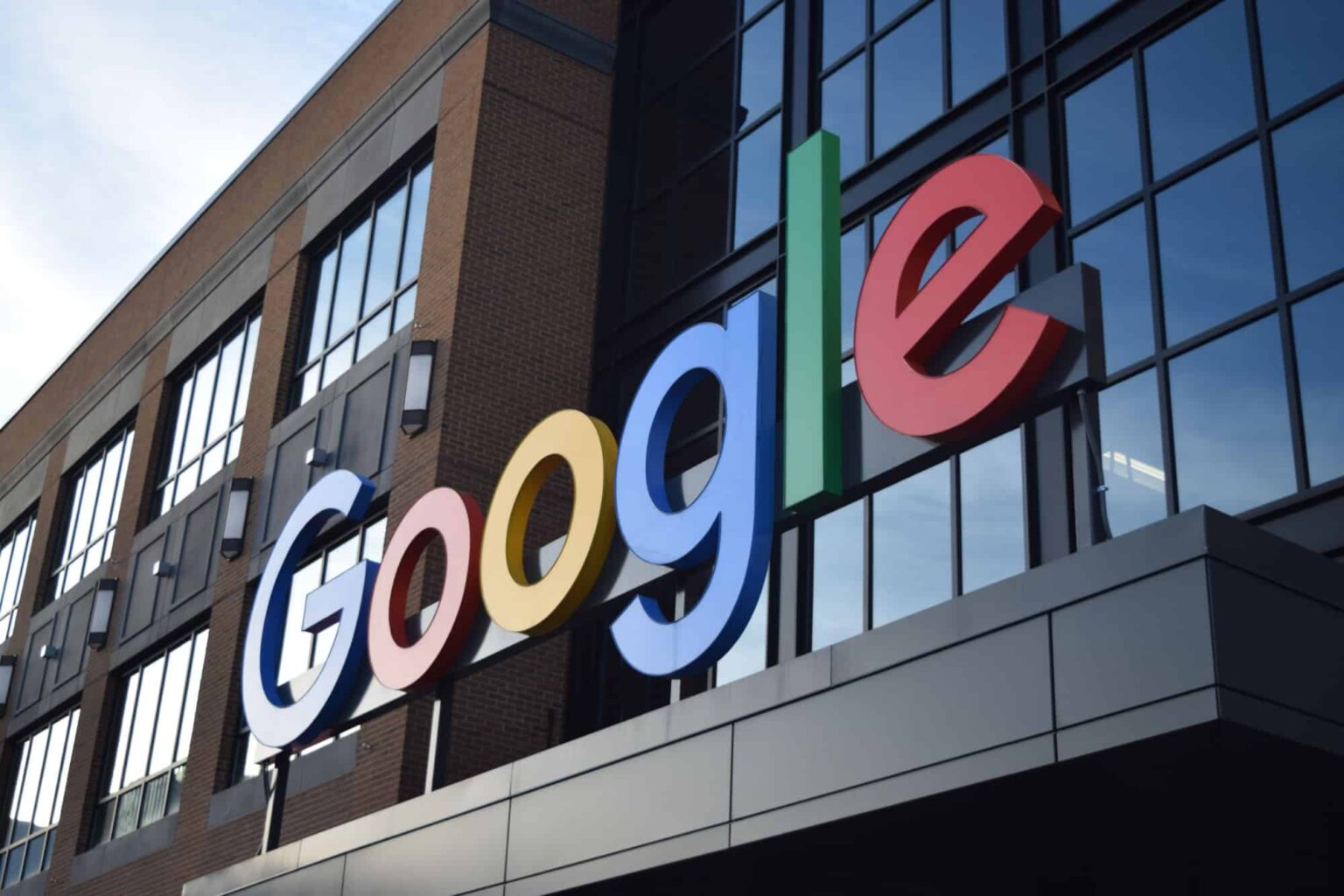Germany’s Antitrust Regulator Investigates Google’s Unfair Market Advantage in Behavioral Advertising
The Bundeskartellamt (Federal Cartel Office), Germany’s antitrust regulator, has published the final report of its industry inquiry into non-search online advertising. This sector deals with advertising systems based on ad exchanges, an alternative to advertising networks.
In a programmatic environment, online advertising is highly automated and technically complex. This allows the exchanges to offer “every single ad space on a given website or smartphone app to a theoretical global customer base in fractions of a second and auction that space to the highest bidder,” explains the FCO. The automated systems also make it possible “to assess the advertisements displayed and to measure any success in the form of user responses,” the agency adds.
Programmatic non-search advertising is powered by a network of different “ad tech” services. These facilitate the smooth functioning of the ad exchanges. However, the FCO’s sector inquiry has revealed that the operation of these exchanges is not transparent enough. “Many market players have complained that it is not possible to observe and assess the extent to which their advertisements are successful because they do not receive information about the effectiveness of their advertising measures,” the regulator said.
Google’s Market Position
The only market player not plagued by this lack of transparency is Alphabet, notes the FCO. Google’s parent company is “present at nearly all levels of the non-search online advertising value chain and has an extraordinarily strong market position across virtually all relevant to [ad tech] services,” the report said.
Alphabet’s unique position could well make it a target for the German antitrust watchdog. Andreas Mundt, chairman of the FCO, indicated that companies such as Google and Apple could be subject to closer scrutiny. This is because the agency takes a closer look at how online advertising works.
“There will be a particular focus on the major digital companies that play a key role in the online advertising industry,” writes Mundt. “We are currently investigating, among other things, whether Apple’s App Tracking Transparency initiative and Alphabet’s data-combining practices are compatible with the comprehensive abuse control rules under Article 19a of the German Competition Act (GWB).”
Conclusion
The Bundeskartellamt’s sector inquiry has revealed that Google has an unfair market advantage in behavioral advertising. Google’s parent company, Alphabet, is present at nearly all levels of the non-search online advertising value chain and has an extraordinarily strong market position across virtually all relevant ad tech services. The FCO is currently investigating whether Alphabet’s data-combining practices are compatible with the comprehensive abuse control rules under Article 19a of the German Competition Act (GWB).





